What does KYC mean?
KYC, Know Your Customer, originated as a response to rampant fraud and money laundering in the traditional financial markets.
The first requirements were established with United States regulation during the 1970s and have expanded on a global scale ever since.
These regulations exist as a way to reduce identity theft, prevent the movement of illegally obtained funds, fight the financing of terrorism and add a layer of customer transparency.
Adhering to KYC demands allows crypto exchanges like Backpack to operate freely in jurisdictions around the world.
Customers subjected to KYC requests must submit documentation to verify their full name, place of birth, date of birth, home address, financial statements and other personal identification records.
In the United States this includes submitting documents like passports, driver’s licenses, utility bills and birth certificates.
Certain users may be deemed a high risk profile and are subjected to additional screening like video conferences to verify their documentation and identity.
All of this information is verified against international databases that track identities of sanctioned individuals, those convicted of financial crimes and other factors.
KYC is an ongoing exercise meaning that companies like Backpack continually monitor their platform for unusual or suspicious activity.
